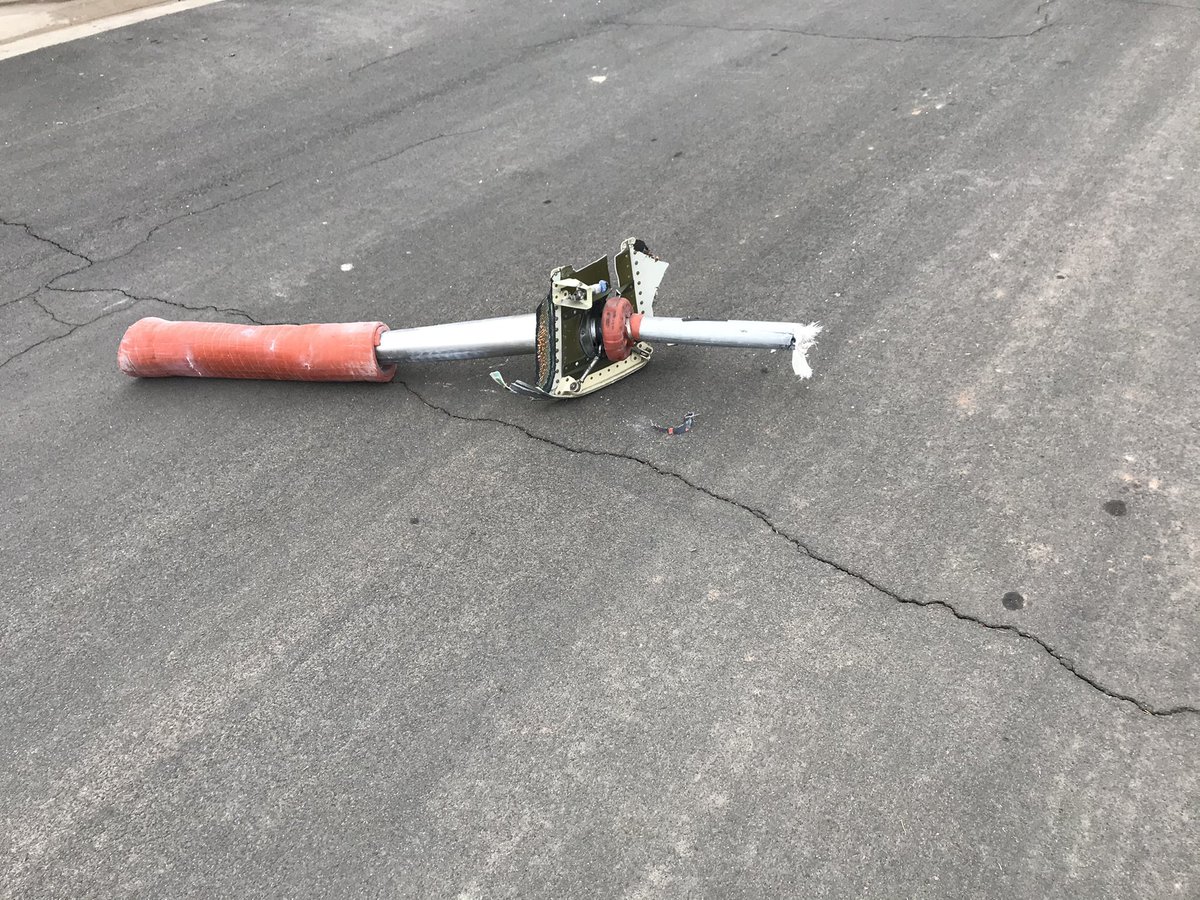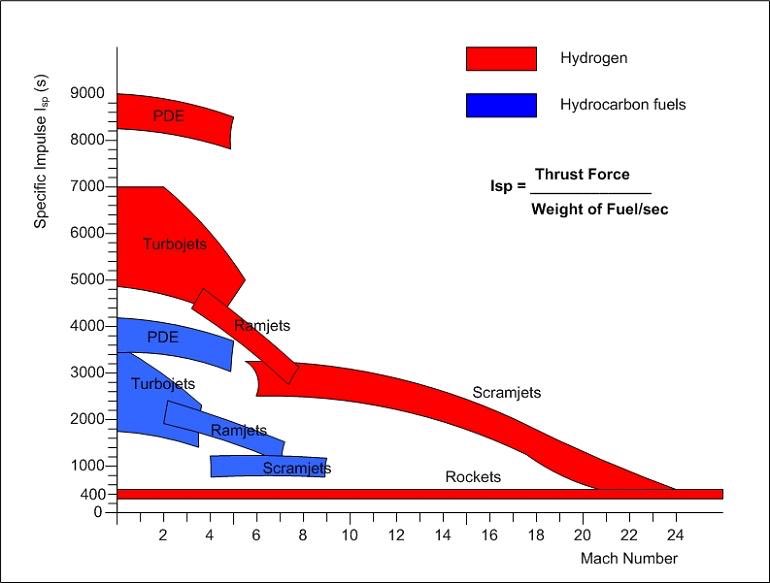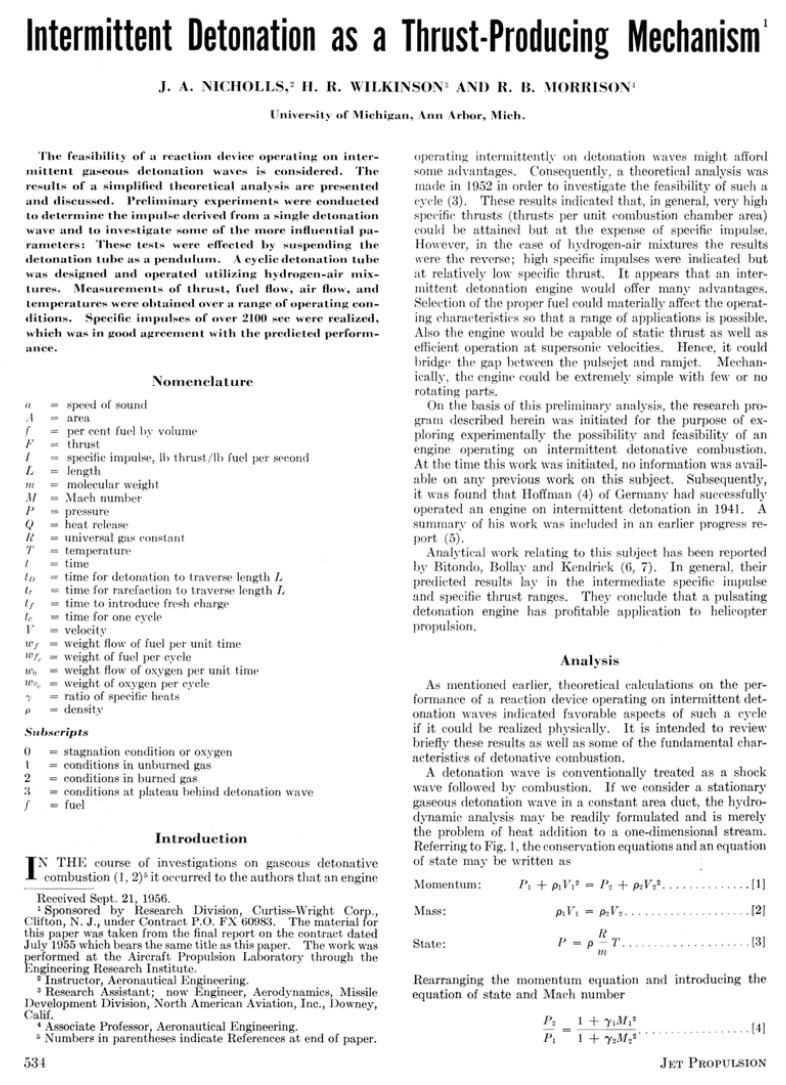
Oh my goodness, this is video of the turbofan on a Boeing 777-200–flight #UA328 out of Denver—which experienced a serious engine failure after take-off.
Remarkably sounds like no injuries in the air or on the ground #AvGeek
Remarkably sounds like no injuries in the air or on the ground #AvGeek
Worth noting, twin-engine aircraft are designed to be able to fly safely with only one engine and pilots are trained for this (seems they did a phenomenal job here!)...but people and homes are NOT designed to withstand falling turbofan cowlings. Miraculous no one was hurt
Looks like the person that posted the first video made their account private—here it is from another source #UA328
With this happening over a densely populated area I imagine there will be a steady trickle of scary images/video posted online
Just look at this Nest cam footage—imagine if you’d been riding your bike or walking your dog on that street? #UA328 #AvGeek
Just look at this Nest cam footage—imagine if you’d been riding your bike or walking your dog on that street? #UA328 #AvGeek
A reminder that KE = 1/2*m*v^2
So glad no one was in that truck
#UA328 #AvGeek


So glad no one was in that truck
#UA328 #AvGeek
https://twitter.com/dillonmthomas/status/1363258490966347776?s=21


WOW so N773UA, another United Airlines Boeing 777-222, experienced what appears to be an almost identical fan blade failure owing to an undetected crack almost exactly 3 yrs ago (Feb 2018)—this brings into question inspection practices, no??
#AvGeek #UA328
#AvGeek #UA328
https://twitter.com/aviationsafety/status/1363392793499041792

And I’ll say it again—this could have been SO much worse 😱
#UA328
#UA328
https://twitter.com/narangvipin/status/1363651593325989888
• • •
Missing some Tweet in this thread? You can try to
force a refresh











